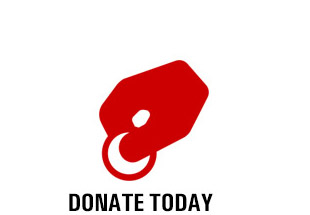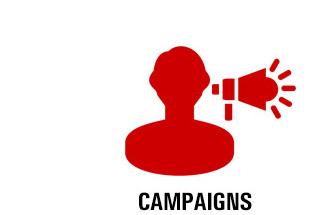
The Urban Slum Health Action Programme (USHA) was launched in 2014 in Gurugram and Delhi with the aim of detecting, treating, and preventing anemia and malnutrition amongst mothers [15-49 years] and children [up to 5 years].
The project is being implemented in eight slums in Gurugram with the support of Wipro Cares, eight slums in Delhi with the support of Fidelity International and 6 slums in Gurugram with the support of Krishna Maruti.
The project aims to improve the maternal and child health (MCH) status of mothers and infants, reduce infant mortality rate (IMR) and morbidity amongst children and mothers and improve overall knowledge, attitude, and practice (KAP) of communities towards MCH and nutrition.
Well-planned strategy in both locations
Monthly health clinics are held regularly under intimation to local communities where identification, detection and treatment for anemia and malnutrition is undertaken, antenatal care and postnatal care services provided, counselling by doctors and nutritionists done along with laboratory check-ups where needed.
Medicines and nutrition food supplements are made available and people guided on how to cook nutritious food. Sanitation campaigns are part of the public interaction with people being guided on how to maintain hygiene and avoid disease and infection. Home visits and follow-ups allow the team to keep track of people’s health, vaccination schedules and other warning signs that need attention. Timely referrals are made to district health hospitals and other specialised health services.
Institutional delivery is promoted along with exclusive breastfeeding, colostrum feeding and complementary feeding as per directions by the local Anganwadi worker (AWW), Accredited Social Health Activist (ASHA) and Community Health Worker.
Key activities
- Nutrition awareness sessions are held regularly
- Cooking demonstrations are organised with nutritionists to promote adequate dietary habits, low cost nutrition food and recipes
- Timely immunization is held with due convergence with Government Health Department
- Mother and Child health days are observed along with government’s Immunization camp
- Frequently held sanitation campaigns are helping promote hand hygiene, covering the WASH component along with cleanliness drives to promote community health and ownership
- Home visits and follow-up with community health workers ensures up-to-date messaging with target groups
Frequent monitoring by the project team allows feedback from the community to be incorporated. High satisfaction levels are being seen and results will be duly recorded as overall health and well-being indicators see dramatic improvement in the urban slums.





